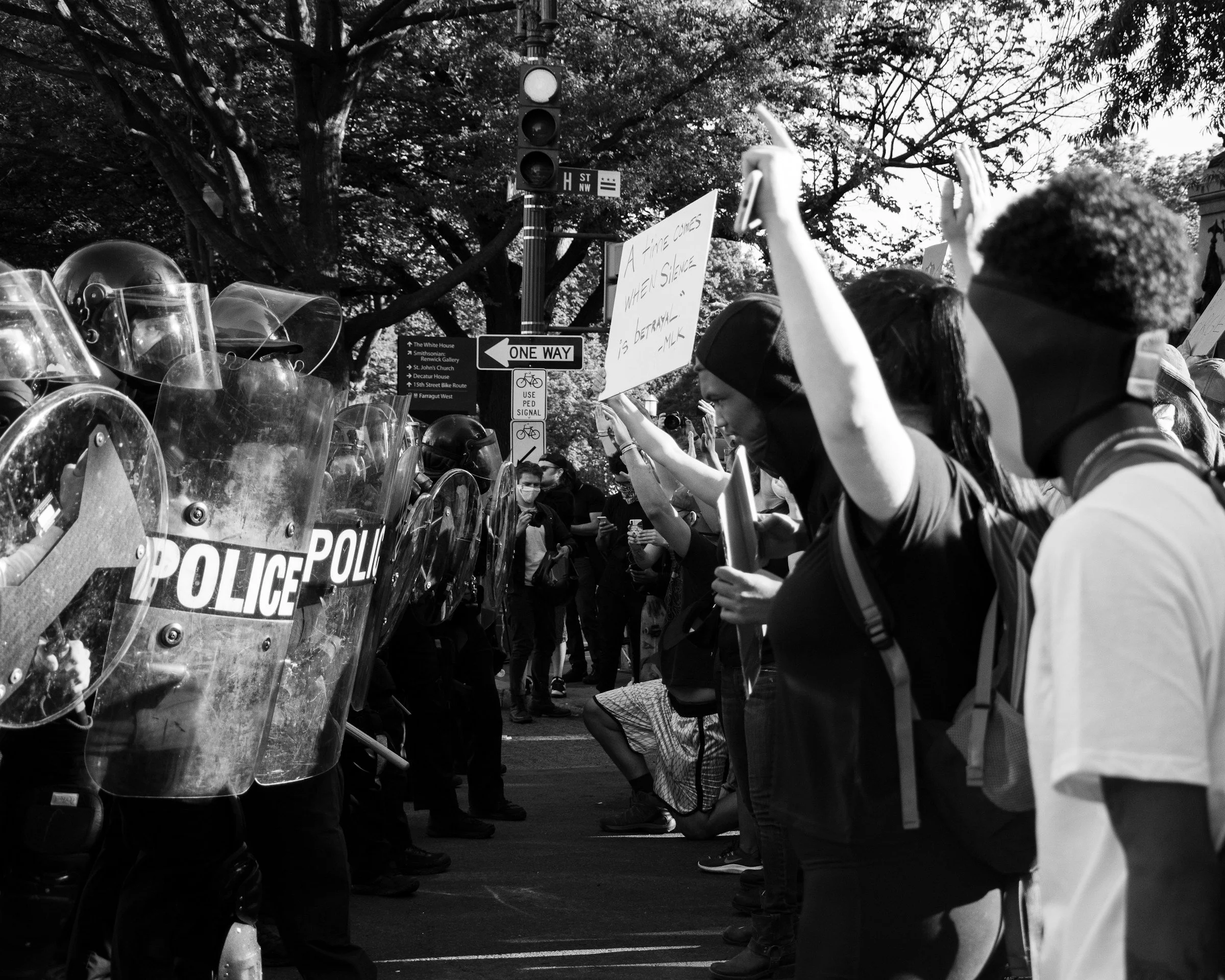RESEARCH INTERESTS
MASS MOBILISATION AND STRATEGIES
Why do people mobilise, and what determines whether they make use of nonviolent or violent strategies?
For my research on this, see here.
CONSEQUENCES OF ARMED CONFLICT
Armed conflicts leave deep and lasting impacts on the societies in which they occur. Beyond the immediate loss of life and destruction of infrastructure, they can reshape political systems, economies, and social relations for decades.
For my research on this, see here.
DISLOYALTY
Sometimes the security forces fight tenaciously for the regime, while other times, they decide to shift sides and stand with the protesters instead. There are many ways the security forces can abandon the regime. We examine how nonviolent and violent strategies shape the (dis)loyalty decisions of the security forces, and how this affects the likelihood of success.
For my research on this, see here.
THE AFTERMATH OF MASS MOBILISATION
Mass mobilization can be a powerful driver of political change, but its outcomes are far from uniform. In some cases, large-scale protests catalyse transitions to new democratic regimes, reshaping political institutions and expanding civil liberties. In others, they fade without significant impact, leaving existing power structures intact. At times, mass protests can even strengthen authoritarian rule, as regimes respond with repression, co-optation, or institutional reforms that consolidate their grip on power.
For my research on this, see here.
